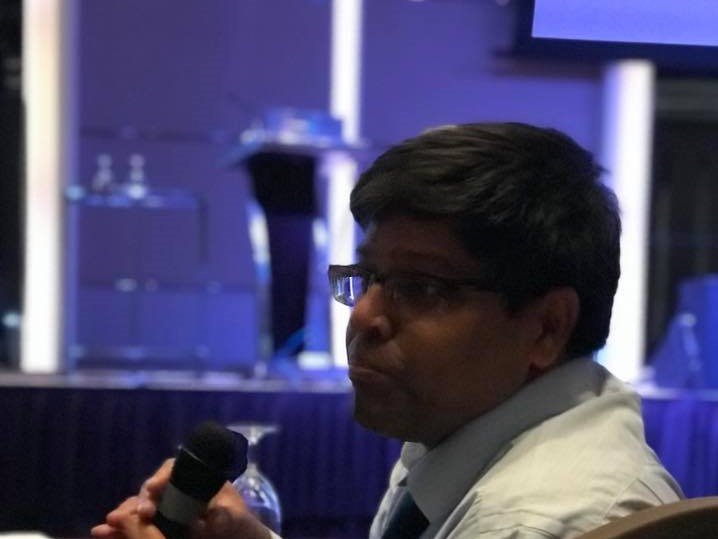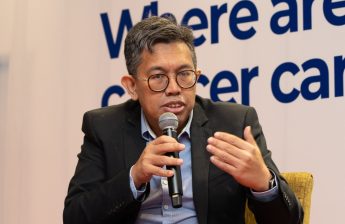KUALA LUMPUR, June 18 — Perennial infectious disease outbreaks like dengue and tuberculosis built up Malaysian clinicians’ expertise in contact tracing for Covid-19, an infectious disease expert said.
Dr Suresh Kumar Chidambaram — head of the medical department at Sungai Buloh Hospital, Malaysia’s main Covid-19 centre — described how contact tracing in the country reached its level of efficiency and expertise even before the Covid-19 outbreak.
“We have regular dengue, tuberculosis, all these diseases which require contact tracing. So we have a big, very good and very experienced public health team that has been doing contact tracing regularly.
“In countries where these other infections were very low, they perhaps weren’t used to contact tracing at the scale we are (used to),” Dr Kumar told Fifa Rahman for her report on the Malaysian response to Covid-19 that was written in collaboration with the Drugs for Neglected Diseases initiative (DNDi), a Geneva-based research and development non-profit.
Malaysia’s method of contact tracing has long been pointed out to be manual, and some public health or infectious diseases experts have also noted that such method is “labour intensive” and unproductive — albeit efficient as shown through the flattening of the nation’s Covid-19 epidemiological curve. Automation of contact tracing measures is still touted by most experts.
Prof Dr Adeeba Kamarulzaman, dean of the Faculty of Medicine at Universiti Malaya and an infectious diseases specialist, previously shared her view with a forum that automation of contact tracing and a systematic approach to medical equipment distribution would have been helpful in the early stages of Malaysia’s response towards the Covid-19 pandemic, and pointed out that the manual process of contact tracing is “very labour intensive” for health care workers.
In addition to contact tracing efforts, Health director-general Dr Noor Hisham Abdullah, in his interview for the DNDi report, also stated that the battle against the coronavirus pandemic is not only the government’s responsibility, but also society’s efforts and responsibility.
“I strongly view that addressing Covid-19 is an all-of-government, all-of-society responsibility. Effective resilience and response will take a joint effort to a shared threat including coordinated and integrated response across all sectors, with regular and timely communication across various sectors involved,” he said.
He further touted effective communication with the public as key to Malaysia’s efforts to curb the spread of the novel coronavirus.
“The community’s engagement is critical. It is crucial for the governments to invest resources, time and effort into risk communication and community engagement that puts listening on an equal footing with speaking.
“Communicating effectively with the public and engaging with communities, local partners and other stakeholders to help prepare and protect individuals, families and the public’s health during early response to Covid-19, is essential to our collective success in responding to this pandemic,” said Dr Noor Hisham.








